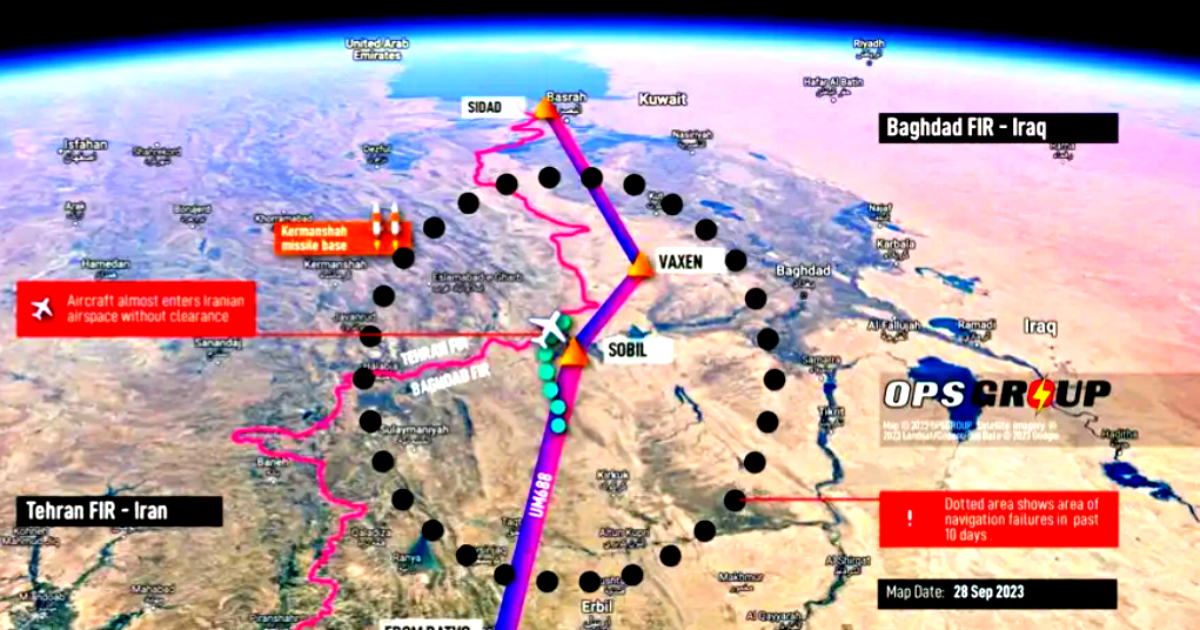Politics
Terror in the Skies: Civilian Airplanes Are Getting Their GPS Hacked Over the Middle East – Experts Have No Idea How to Deal With It

Electronic warfare now endangers unsuspecting civilians, with no remedy in sight.
It has now arisen that scary cyberattacks have altered civilian planes’ in-flight GPS, causing ‘critical navigation failures’ onboard the aircraft.
And, mind you, we are not talking about one or two statistical oddities: there have been over 50 reports of attacks of this kind, that aviation leaders and experts guaranteed was ‘impossible’.
If that was not enough, we also learn that the professionals tasked with countering it have no idea how to fix this new alarming security failure.
Since late August, these electronic ‘attacks’ have been observed throughout the Middle East, particularly over Israel, Egypt, and Iraq.
The New York Post reported:
“In September, the FAA issued a warning on the ‘safety of flight risk to civil aviation operations’ over the spate of attacks, according to OpsGroup, an international collection of pilots and technicians who first brought attention to the terror.
The attack, called GPS spoofing — when a navigation system is given counterfeit coordinates — isn’t new and applies to all modes of transportation. Ten years ago, a group of college students at the University of Texas bragged that they moved an $80M yacht off its course as a school project. In 2015, a security researcher also hacked a United Airlines flight and modified its course as a warning over security flaws.”
Hackers have become so sophisticated that they override the airplane’s critical Inertial Reference Systems (IRS), the brains of the plane.
“One flight, a Gulfstream G650 from Tel Aviv on October 25th, “experienced full navigation failure” as its system had marked the plane 225 nautical miles from the actual course. And a Boeing 777 endured spoofing over Cairo airspace and was falsely thought to be stationary for a half hour on Oct. 16 as well, according to the group.”
OpsGroup wrote in a November update:
“The industry has been slow to come to terms with the issue, leaving flight crews alone to find ways of detecting and mitigating GPS spoofing… What will you do at 2 a.m. over the Middle East when the aircraft starts drifting off course and saying ‘Position Uncertain?’ With almost zero guidance, we’re largely on our own to figure things out.”
But who is doing it?
For one, Israel admitted, in mid-October, that ‘GPS was restricted in active combat zones in accordance with various operational needs’.
Professor Todd Humphreys, pioneer of spoofing research, believes he’s traced the source of these hacks – to Iran.
“Using raw GPS measurements from several spacecraft in low-Earth orbit, my student Zach Clements last week located the source of this spoofing to the eastern periphery of Tehran. GPS spoofing acts like a zero-day exploit against aviation systems…[aviators are] completely unprepared for it and powerless against it.”
Read the full article here


















